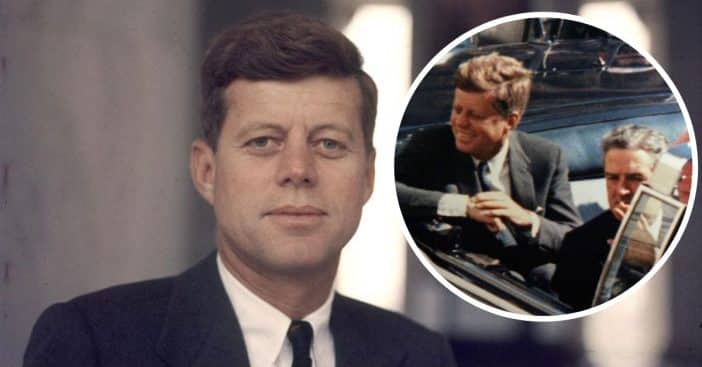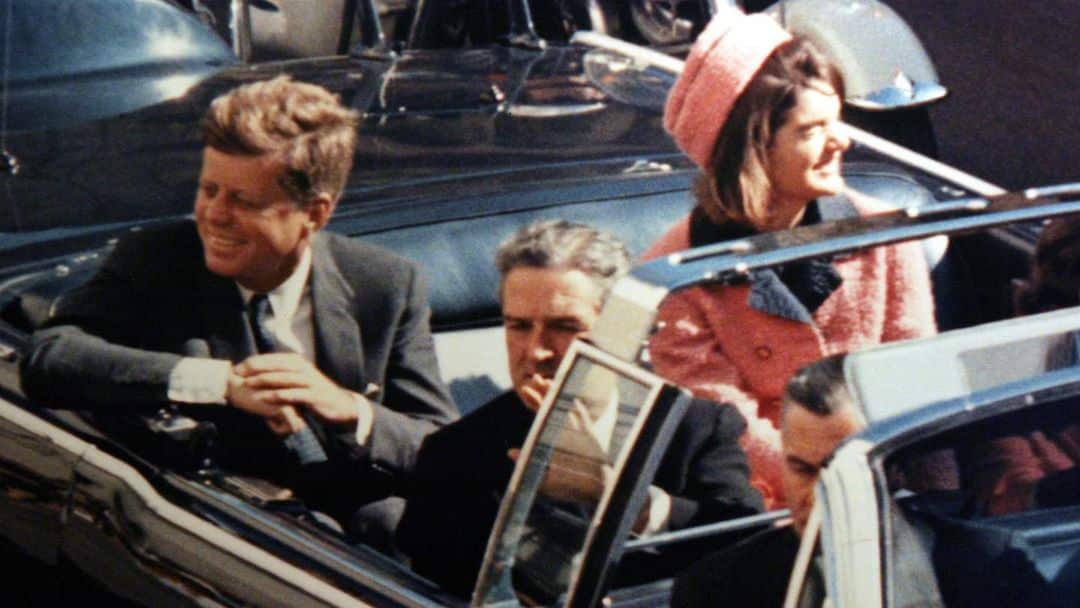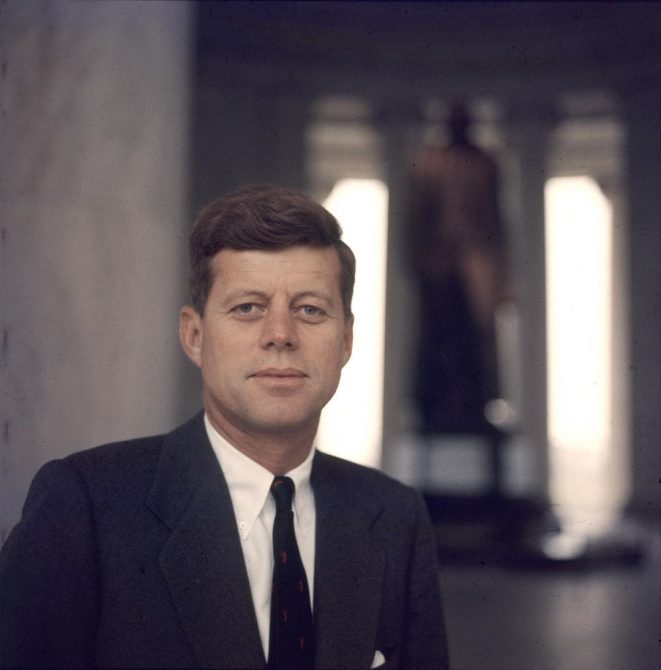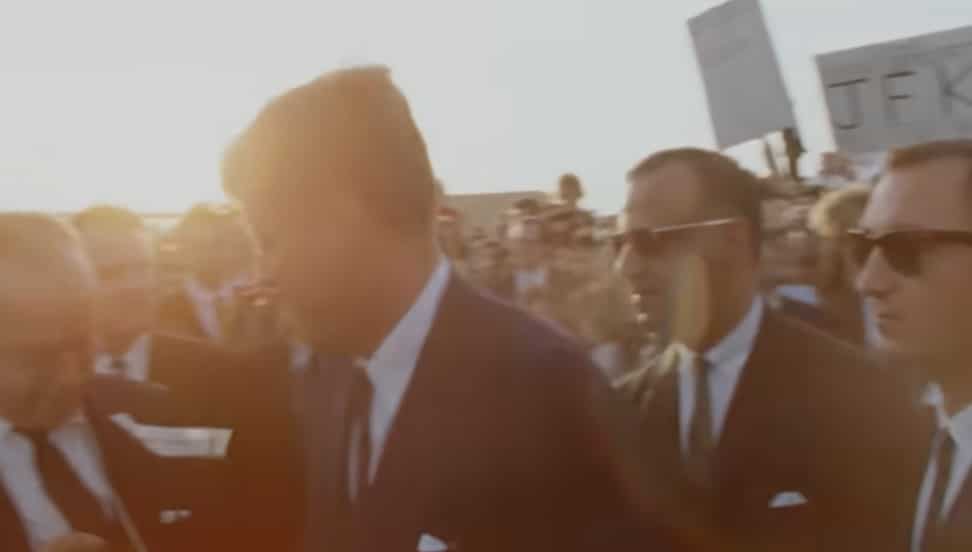
The murder of President John F. Kennedy is one historical incident that has been revisited multiple times, with some questions still unanswered. As the 60th anniversary of the event approaches, National Geographic has released another production in a three-part series, JFK: One Day In America.
Rather than the usual conspiracy theory and investigative style of most JFK-murder-related documentaries, this one focuses on presenting the unfortunate moment in a personal and emotional way. The last surviving witnesses, most of whom were close to the shooting, gave accounts of what happened on November 22, 1963, from their perspective.
Witnesses recount the JFK murder

One of the interviewed persons includes First Lady Jackie Kennedy’s Secret Service agent, Clint Hill. He saw the chaos firsthand and expressed his guilt for not doing more to protect the President. “I think about the event as it happened, and I go right back to the moment that it happened. I mean, it’s there, it’s like a movie running through my brain…I wasn’t fast enough. I guess I wasn’t faster than a speeding bullet,” he painfully recalled, adding that he could give his life for the late JFK.
RELATED: Nurse Who Treated JFK In 1963 Claims She Saw ‘Pristine Bullet’ Next To President’s Head On Stretcher
Another Secret Service agent, Paul Landis, narrated his experience as he watched the dying President get wheeled into the trauma room at Parkland Memorial Hospital. “I couldn’t look at the President. I was feeling faint. I knew if I looked at him, I’d pass out. I thought, ‘You can’t do this, Paul,” he said. “That was a time you’re needed more. You’ve gotta stay with it, you gotta hang in there.'”

Other accounts from spectators and the murderer’s acquaintances
A friend to the killer’s estranged wife, as well as his co-worker at the Texas School Book Depository, were featured in the documentary too. Buell Frazier had driven Lee Harvey Oswald to work as he did not own a car, only to notice a package in the back seat, which Lee confirmed was “curtain rods.”
“I’ve asked myself many times, ‘How’d you get involved in this?’ I was just trying to do a good neighborly deed. That day, I drove Lee Harvey Oswald over to where we were employed… I paid a big price for that,” he said.

Ruth Paine recalled that Lee and her friend, Marina, were separated at the time, so she let Marina live in her home. She recalled six police officers visiting her residence to interrogate Marina, who admitted her ex-husband did own a rifle. However, the gun was missing from the garage, insinuating the shooter “could have been Lee.”
“I didn’t know he had a gun. I didn’t see him as dangerous. I had him at my house with my little kids. I didn’t see that coming,” she said.
Sid Davis, the Washington Correspondent for Westinghouse News Radio, who became the Vice President and Washington Bureau Chief for NBC News, paid tribute to JFK with a Robert Frost poem after broadcasting his casket’s arrival on TV. “He enjoyed Robert Frost, and he used to close his campaign speeches at every stop, he’d quote Robert Frost. I had this Robert Frost poem in my pocket, and I went and did it,” Sid said before the scene cut to the original clip of his younger self reciting the words.
